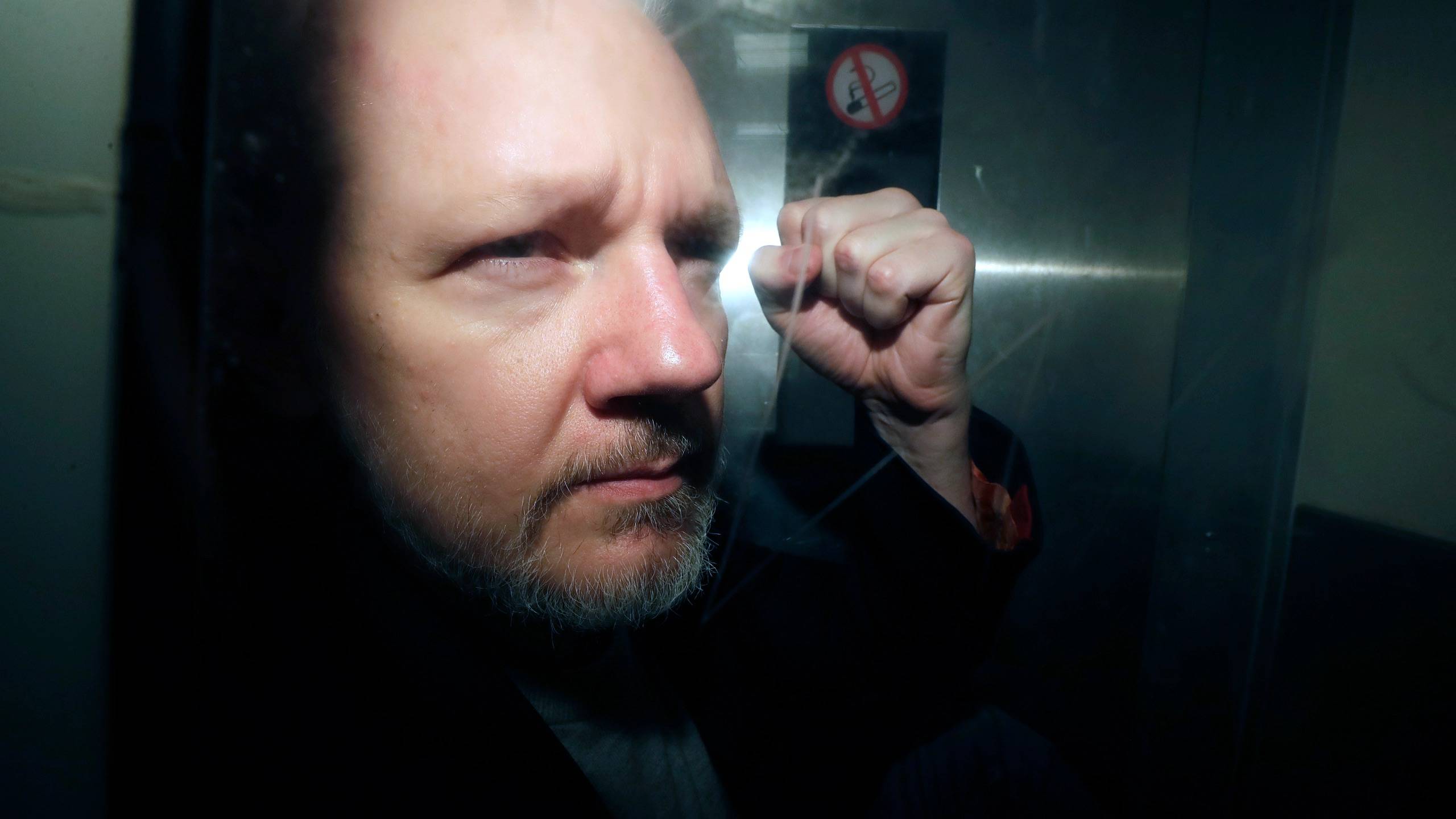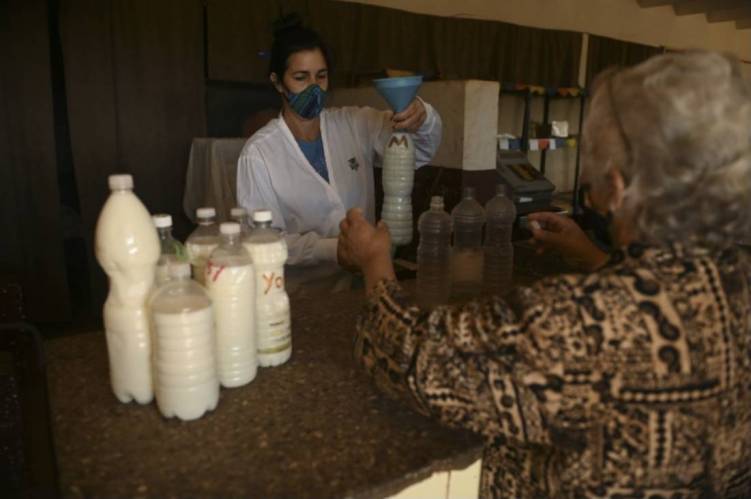Julian Assange wins the first stage in an effort to appeal US extradition

WikiLeaks founder Julian Assange on Monday won the first stage of his effort to appeal a U.K. ruling that opened the door for his extradition to the U.S. to stand trial on espionage charges.
The High Court in London permitted Assange to appeal the case to the U.K. Supreme Court. But the Supreme Court must agree to accept the issue before moving forward.
The decision is the latest step in Assange’s long battle to avoid trial on a series of charges related to WikiLeaks’ publication of classified documents more than a decade ago.
A year ago, a district court judge in London rejected a U.S. extradition request because Assange was likely to kill himself if held under harsh U.S. prison conditions. U.S. authorities later provided assurances that the WikiLeaks founder wouldn’t face the severe treatment his lawyers said would put his physical and mental health at risk.
Last month, the High Court overturned the lower court’s decision, saying that the U.S. promises were enough to guarantee Assange would be treated humanely.
Last month, the High Court overturned the lower court’s decision. High Court justices Ian Burnett and Timothy Holroyd said the American promises were enough to guarantee Assange would be treated humanely.
They said the U.S. promises were “solemn undertakings, offered by one government to another, which will bind all officials and prosecutors who will deal with the relevant aspects of Mr Assange’s case now and in the future.”
Assange’s lawyers say those promises can’t be trusted and have sought permission to appeal to Britain’s highest court. They argue that the U.S. government’s pledge that Assange won’t be subjected to extreme conditions is meaningless because it’s conditional and could be changed at the discretion of American authorities.
Nick Vamos, a partner at Peters & Peters solicitors in London and a former head of extradition at Britain’s Crown Prosecution Service, said it was unlikely that the appeal would be granted. Assange can only take the case to the Supreme Court if the High Court rules that “general public importance” matters to consider.
Assange, 50, has been held at the high-security Belmarsh Prison in London since 2019 when he was arrested for skipping bail during a separate legal battle. Before that, he spent seven years holed up inside Ecuador’s Embassy in London. Assange sought protection in the embassy in 2012 to avoid extradition to Sweden to face allegations of rape and sexual assault.
Sweden dropped the sex crimes investigations in November 2019 because so much time had elapsed.
American prosecutors say Assange unlawfully helped U.S. Army intelligence analyst Chelsea Manning steal classified diplomatic cables and military files that WikiLeaks later published, putting lives at risk.
Lawyers for Assange argue that their client shouldn’t have been charged because he was acting as a journalist and is protected by the First Amendment of the U.S. Constitution that guarantees freedom of the press. They say the documents he published exposed U.S. military wrongdoing in Iraq and Afghanistan.

Jasmine Franks
Reporter





0 Comment